More than 24,000 youngsters have already registered online to be part of a solidarity-related project.
The European Solidarity Corps (ESC) is the new European Union initiative which creates opportunities for young people to volunteer or work in projects in their own country or abroad that benefit communities and people around Europe. It was officially launched in December 2016 and the first European Solidarity Corps volunteer arrived on the ground this week.
How does it work?
It is a pool of young people who register their interest to take part in solidarity-related projects. As part of the registration process, volunteers are asked for their basic personal information, the type of projects they are interested in, their experience and knowledge and when they might be available to take part in projects.
After registering, volunteers could be contacted by organisations previously checked and authorised to run European Solidarity Corps projects. Depending on the type of project, and on their existing knowledge and experience, volunteers may receive training from the European Solidarity Corps before starting the project.
The ESC is open to a wide range of organisations to run projects: this include governmental organisations, municipalities, non-governmental organisations and companies. Only authorised organisations are able to search the database for people for their projects.
Both organisations and volunteers must accept the Mission and Principles of the European Solidarity Corps.
Who can join it?
Volunteers can register for the ESC when they are 17 years old, but they cannot start a project until they are over 18. Volunteers must also complete the project before they turn 31.
They must be legally resident in or have the nationality of one of the European Union Member States, or of the following countries: Iceland, Liechtenstein, Norway, Turkey, the former Yugoslav Republic of Macedonia.
What kind of projects could the ESC support?
Projects can last from two to twelve months. Examples of what volunteers could be asked to do include helping rebuild a school or community centre that has been devastated following an earthquake, providing support to newly arrived asylum seekers or clearing vegetation from forests to help prevent wildfires. A full list of project types is available.
However, volunteers will not be asked to provide any services related to the immediate response to disasters. These types of tasks will continue to be performed by specialists.
More information
- European Solidarity Corps Facebook page
- European Solidarity Corps FAQ's
- If you don't find your answer, you can write your question on the European Youth Portal
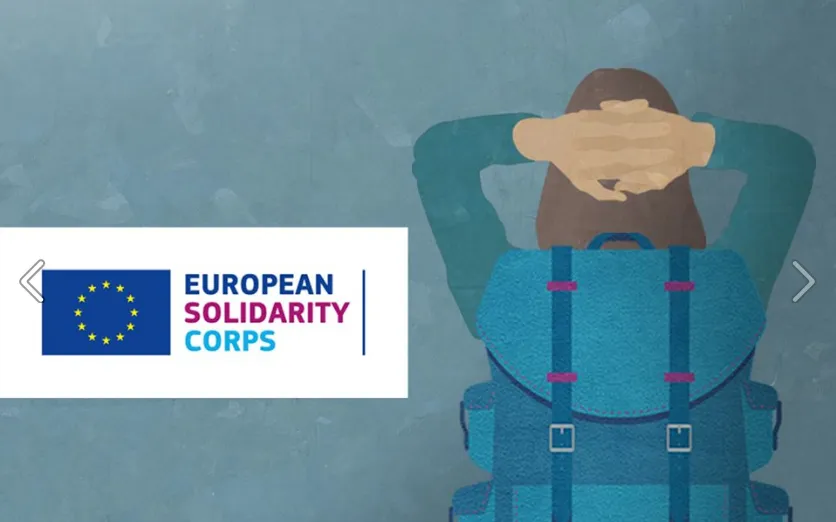
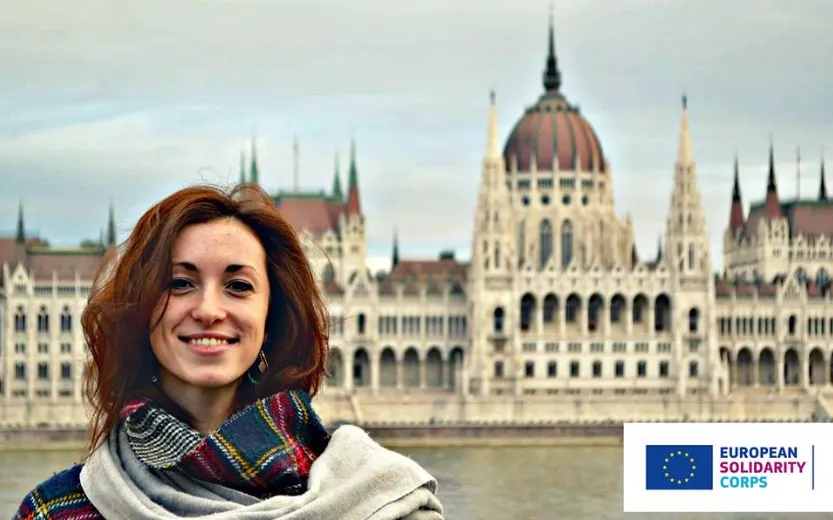



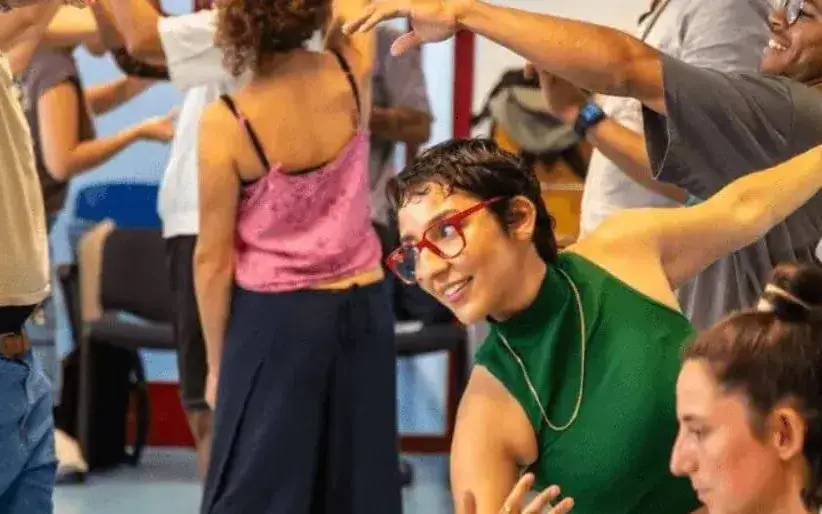
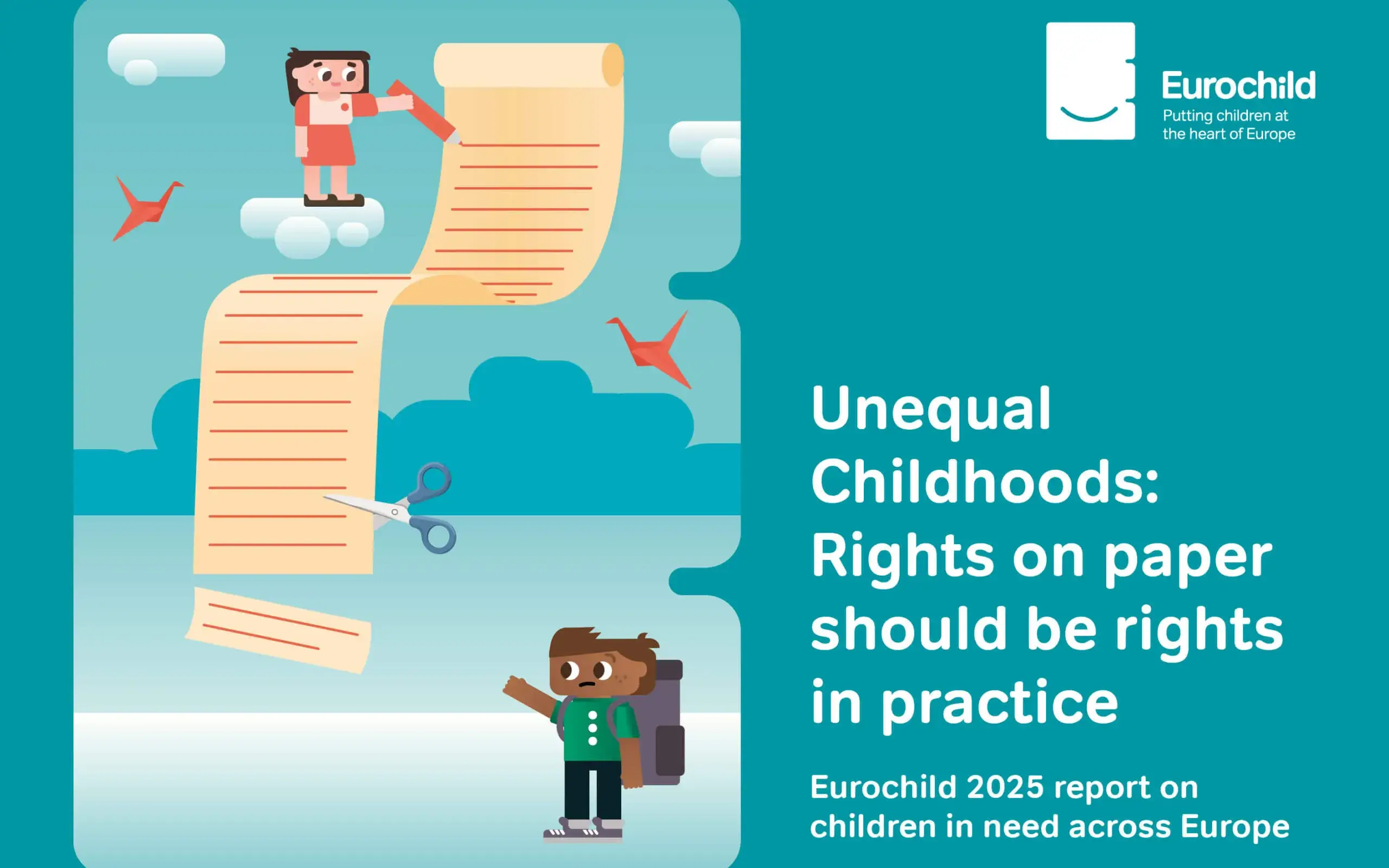

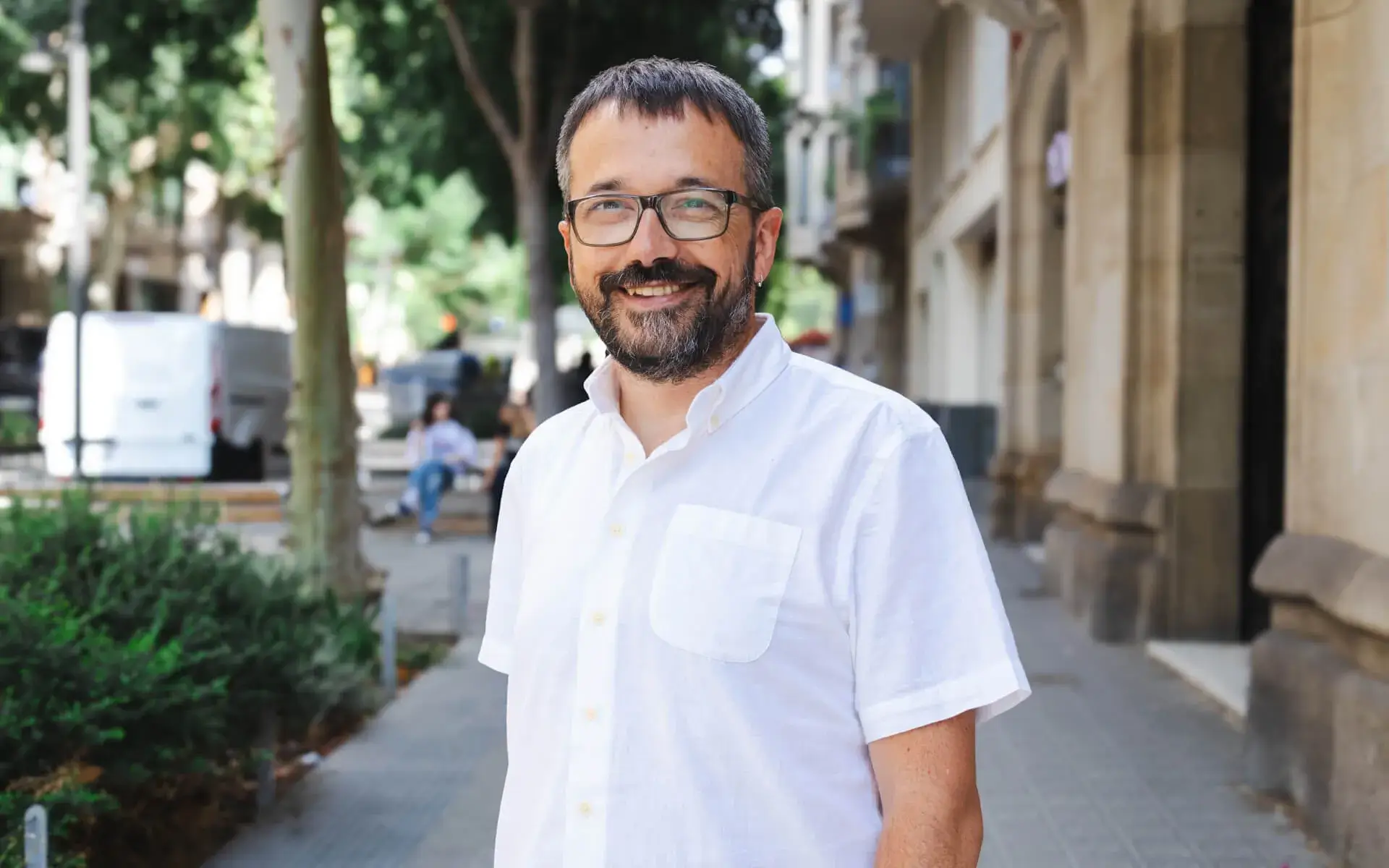
Add new comment